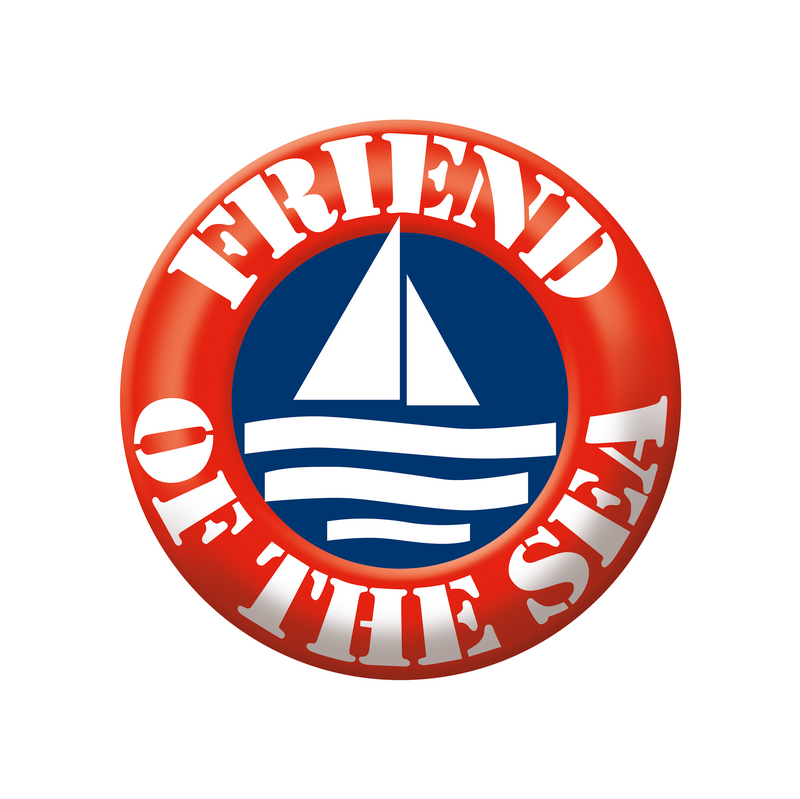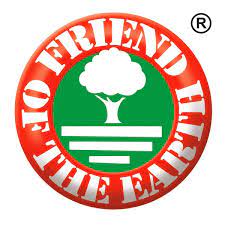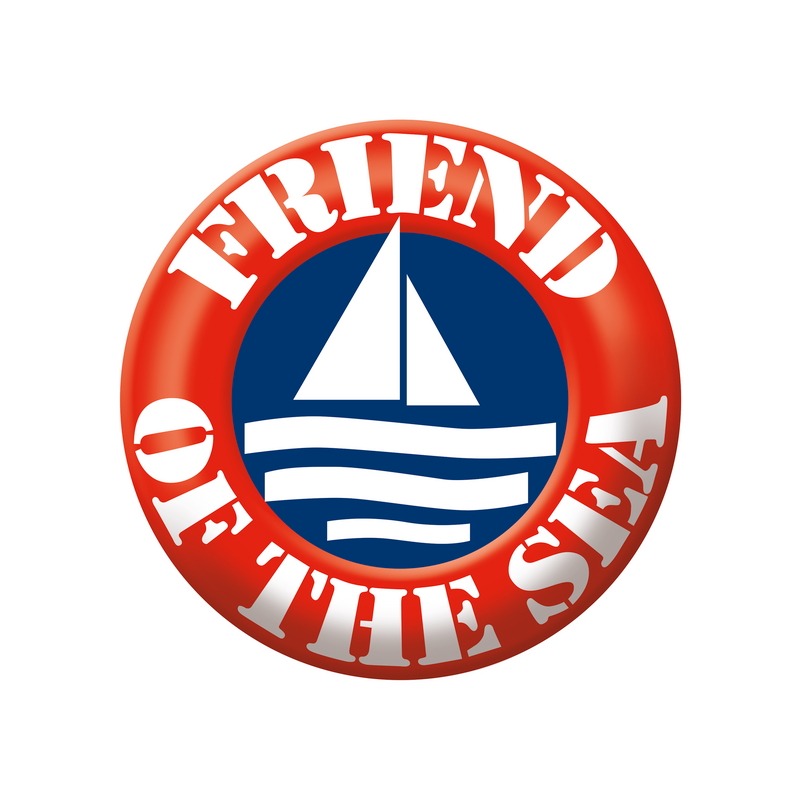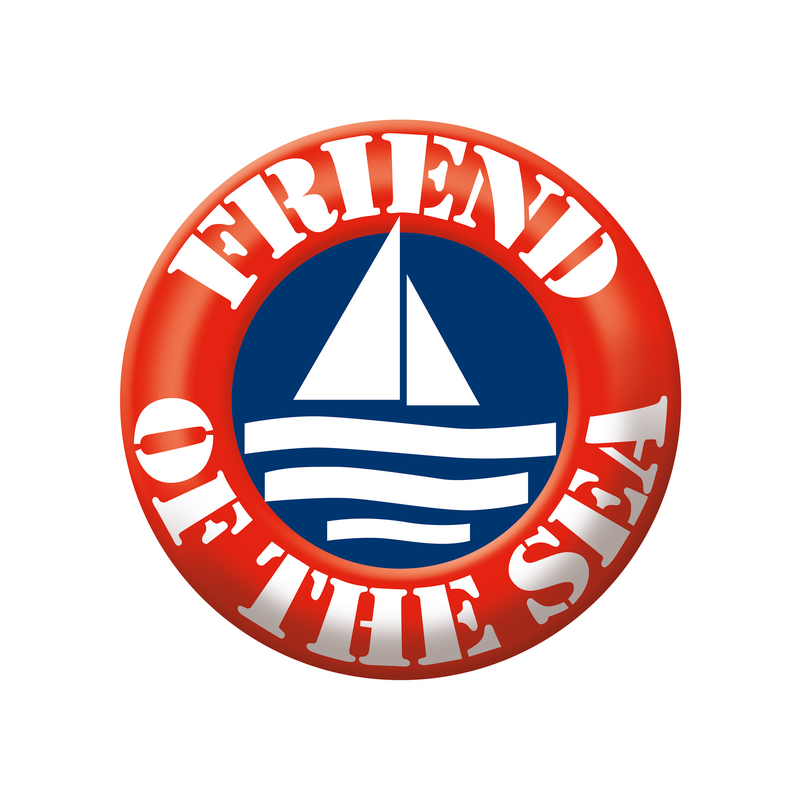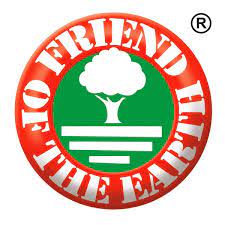Title Page
-
a) NAME OF THE ORGANIZATION TO BE AUDITED
-
b) NAME OF THE UNIT OF CERTIFICATION REQUESTING THE AUDIT
-
c) IS THE UNIT OF CERTIFICATION TO BE AUDITED PART OF A GROUP? IF SO, PLEASE SPECIFY THE NAME OF THE GROUP AND LIST ALL MEMBERS.
-
d) ADDRESS OF THE UNIT OF CERTIFICATION TO BE AUDITED
-
e) NAME AND CONTACT DETAILS OF THE PERSON AT THE UNIT OF CERTIFICATION RESPONSIBLE FOR THE AUDIT AND CONTACTS WITH THE AUDITOR.
-
f) COMMON AND SCIENTIFIC NAME OF THE SPECIES TO BE CERTIFIED. To enter: Common Name, Scientific Name.
-
g) PRODUCTION/PROCESSING SITE(s) (list name of ALL sites include in the scope of certification, type of production and location).
-
h) SITES VISITED BY THE AUDITOR (if different from g).
-
i) DESCRIPTION OF THE PRODUCTION.
-
j) COMPANY’S ACTIVITY IN RELATION TO THE PRODUCTS TO BE AUDITED: (please check appropriate ones): - farming, fishing - fish feed production - fish oil production - pre – processor - end processor - import - export - distribution - other (description):
-
k) LIST of Friend of the Sea certified SUPPLIERS (for processors and groups of processors only, including fish oil, fish feeds, fishmeal and omega 3).
-
l) DESCRIPTION OF THE FINAL PRODUCT (e.g. fresh, frozen, canned, other).
-
m) BRANDS OF FINISHED PRODUCTS (List brands under which the product is sold. If available include images).
-
n) DESCRIPTION AND LOCATION OF FREEZERS AND WAREHOUSES, IF ANY (For product traceability purposes).
-
o) TOTAL NUMBER OF EMPLOYEES
-
p) ENVIRONMENTAL CERTIFICATIONS AND AWARDS.
-
TYPE OF AUDIT
-
Location
1. TRACEABILITY
-
1.1 The organisation identifies each product and each batch uniquely.
LEVEL ESSENTIAL
-
1.2 A specific traceability system exists, ensuring that the product audited respects all the requirements of this standard and that there is no possibility of mixing with non-certified products.
LEVEL ESSENTIAL
-
1.3 The organisation provides detailed identification of the origin of products, including vessel name, fishing area and fishing gear, or country of origin and production method for farmed product.
LEVEL ESSENTIAL
-
-
1.4 The organisation carries out minimum once a year a training course for the employees involved in the maintenance of the Chain of Custody, to achieve and maintain an appropriate knowledge.
LEVEL IMPORTANT
-
1.5 The organisation checks the functionality of the traceability system at least once a year.
LEVEL IMPORTANT
-
1.6 A product recall procedure exists and is tested minimum once a year.
LEVEL IMPORTANT
-
1.7 The organisation demonstrates that all Chain of Custody requirements reported in the CoC standard are met by all its subcontractors.
LEVEL IMPORTANT
-
1.8 The organisation shall keep records documenting compliance to all Chain of Custody requirements for a period that exceeds the shelf life of the certified product and the periodicity between audits.
LEVEL IMPORTANT
-
1.9 The company is using Friend of the Sea logo only in association with products, whose raw material is supplied by Friend of the Sea certified suppliers.<br>The auditor shall list the approved suppliers.
LEVEL ESSENTIAL
-
1.10 The latest annual revenue declared by the organisation shall be verified by the auditor.
LEVEL ESSENTIAL
2. MANAGEMENT SYSTEM
-
2.1 There is documentation that clearly demonstrates that all the group members belong to the same management system.
LEVEL ESSENTIAL
-
2.2 The group undertakes internal inspections of all members, covering all products under the certification scope to ensure compliance with the certification requirements.
LEVEL RECOMMENDATION
-
2.3 Records of the internal audit and follow up of corrective actions resulting from the internal audit shall be maintained and available.
LEVEL ESSENTIAL. Parameters and information: The auditor shall list all the gear types used by the applicant unit of certification and assess their impact on the specific type of seabed and its benthic communities.
LEVEL RECOMMENDATION
3. SOCIAL ACCOUNTABILITY
-
3.1 The organisation shall respect human rights, complying to the following requirements:
-
3.1.1 compliance with national regulations and ILO on child labour
LEVEL ESSENTIAL. Parameters and information: Refer to ILO: http://www.ilo.org/global/standards/lang--en/index.htm
-
3.1.2 Pay the employees adequate salaries compliant at least with minimum legal wages.
LEVEL ESSENTIAL. Parameters and information: Minimum wages vary depending on the country. The auditor shall verify that the organisation knows the minimum wage.
-
3.1.3 Grant employees access to health care.
LEVEL ESSENTIAL
-
3.1.4 Apply safety measures required by the law.
LEVEL ESSENTIAL
-
3.2 The organisation should be SA8000 certified.
LEVEL RECOMMENDATION
4. GMO
-
4.1 The use of genetically modified organisms is prohibited
LEVEL ESSENTIAL
5. SOURCE OF FISH OIL AND FISHMEAL INGREDIENTS
-
5.1 Fishmeal, fish feed, fish oil, and omega 3 ingredients shall derive from the following:<br>-Fish by-products from fish processing and or/aquaculture and/or discards;<br>-Friend of the Sea certified fisheries or fleets;<br>-Friend of the Sea certified suppliers of raw material.<br>The auditor shall list all the suppliers and collect evidences that only the products resulting from certified suppliers are processed by the organization.
LEVEL ESSENTIAL
-
5.2 Fish by-product shall not come from a species listed under ‘Vulnerable’ or worse categories on the IUCN Red list (www.iucn.org).
LEVEL ESSENTIAL
Traceability Test
-
Audits shall include a traceability test at the beginning and at the end of a minimum of one batch of the finished product, including suitable mass budgets, bills, invoices and relevant documents to prove the origin of the product and its conformity to the standard.
